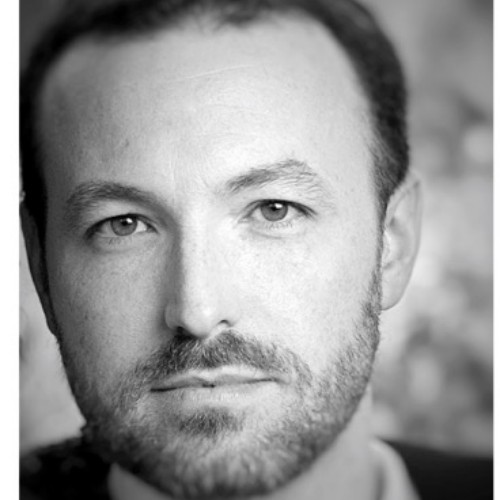
The traffic light turns red and the row of cars slowly crawl to a stop. It turns green and then red once again, but strangely, not a single car moves. As each driver is looking down at his or her phone, squeezing in just a few extra seconds of email or social media time, the world around them remains paused. Nobody has noticed the passing clouds, the ticking clock, the children’s laughter, or the changing traffic light.
This unfortunate reality has become the new normal.
Yet, many ask, “so what?” If a person is sitting in their car, waiting in an airport, or standing in line at the store while looking at their phone — why does it matter? If anything, they are increasing their productivity by multitasking in real time! The truth is that in most cases being drawn into one’s phone does not directly hurt anyone. However, it causes us to miss out on life, people, and opportunities which continue to unfold whether one notices it or not.
John Bowlby is the father of psychology’s well-known Attachment Theory. The underlying idea behind this approach is that people form primary attachments in their lives, and the paradigm for that one relationship will be applied to all future relationships. When a person forms unhealthy attachments, the rest of their relationships will have the same flaws and will remain troubled or compromised.
This model need not only apply to our relationships with people, but even with objects! For those people who suffer with the painful disease we know as addiction, they live with a constant inner turmoil, which is most easily settled by giving into the addiction. That one drink for the alcoholic becomes the primary relationship in life, and breaking free from it seems insurmountable, despite repeated attempts to quit. Why would an intelligent and accomplished individual take another drink if the last one led to a fight, divorce, or D.U.I.? The answer is because the object of the addiction has become the primary relationship in the life of the addict — and that is not something one can easily walk away from.
One might say, “I can quit anytime,” but their track record may say otherwise. Being unable to put down the drink (or the phone) demonstrates the extent of one’s reliance upon it — and magnifies the unhealthy relationship one has with the object.
Today’s cell phone usage has introduced a new relationship paradigm. No longer do people put their health, safety, or loved ones first — instead, the phone has become our first and primary attachment. While we have more connections than ever before, the quality of our relationships are being reduced dramatically, as the phone has become our go-to relationship for comfort and self-soothing.
While many are apt to quote the addicts mantra of, “I can stop at any time,” it is something easier said than done. I am fascinated when in the middle of a counseling session a client looks down to respond to text message. As they continue talking about important issues in their lives, their voice slowly trails off and stops in mid-sentence. A moment later, once the text is sent, their voice bounces back and continues talking as if nothing strange just happened. They are unaware of how their relationship with the phone is impacting what is happening in physical space they occupy.
Undoubtedly, this same scene repeats itself on dates, at business meetings and during precious family time. Yet, ironically, they sit in my office with tears flowing, trying to understand why they struggle to maintain happy and healthy relationships.
Utilizing Gestalt Therapy, I can often help clients to develop a self-awareness that enables them to identify that was is happening during our sessions is likely happening outside as well and negatively impacting their relationships. Many people will initially deny that one has anything to do with the other, much like the line of cars that are oblivious to the green light before them. But only when putting the phone down, or even better, shutting it off, can one regain their full mental and psychic energy to be fully present and aware of the world and the people around them.
Not only is the relationship with our phones robbing us of enjoying the connections with the people in our lives, but it in many cases, it prevents us from maximizing our mental abilities. Recently, I was out running errands when I noticed that I had forgotten my phone at home. It was a moment of pure panic. Shortly after, I felt a sense of calm as I realized that I was actually OK and not missing out on life. I was enjoying the scenery, the quiet, and my thoughts when I soon noticed new ideas that popped into my mind. Ordinarily, I would have immediately taken out my phone and made a note or sent an email, text or Tweet. I don’t like sitting on ideas when I can run with them. But then something happened.
The longer I sat with my ideas, unable to do anything about them but think, the more the ideas started to grow. Before long, I noticed that my previously half-baked idea was developing into something far greater.
It was that moment that I realized the importance of embracing a primary relationship, first with myself above all others. If I could only spend more time building a better relationship with me — my thoughts, ideas and dreams, only then could I work to enhance the relationships with the people in my life.
While I absolutely love my phone, there are other priorities which are truly far more important.
Thus, rather than live a beholden existence, where we are primarily attached to our phones, we should not be afraid to set ourselves free from time to time. By disconnecting from this virtual relationship, we will be able to better focus and fully embrace the truly meaningful relationships in our lives.
Originally published at medium.com


